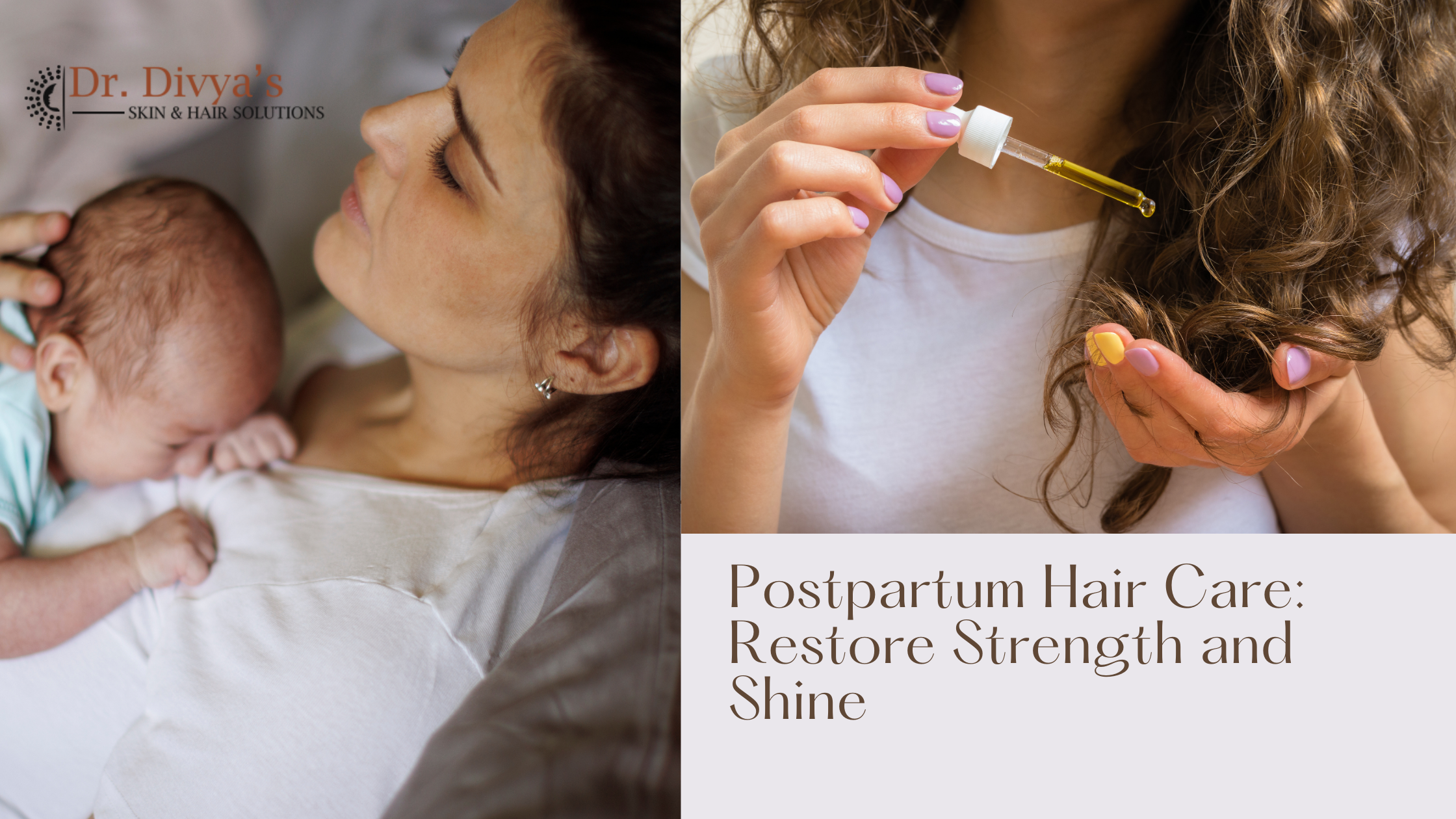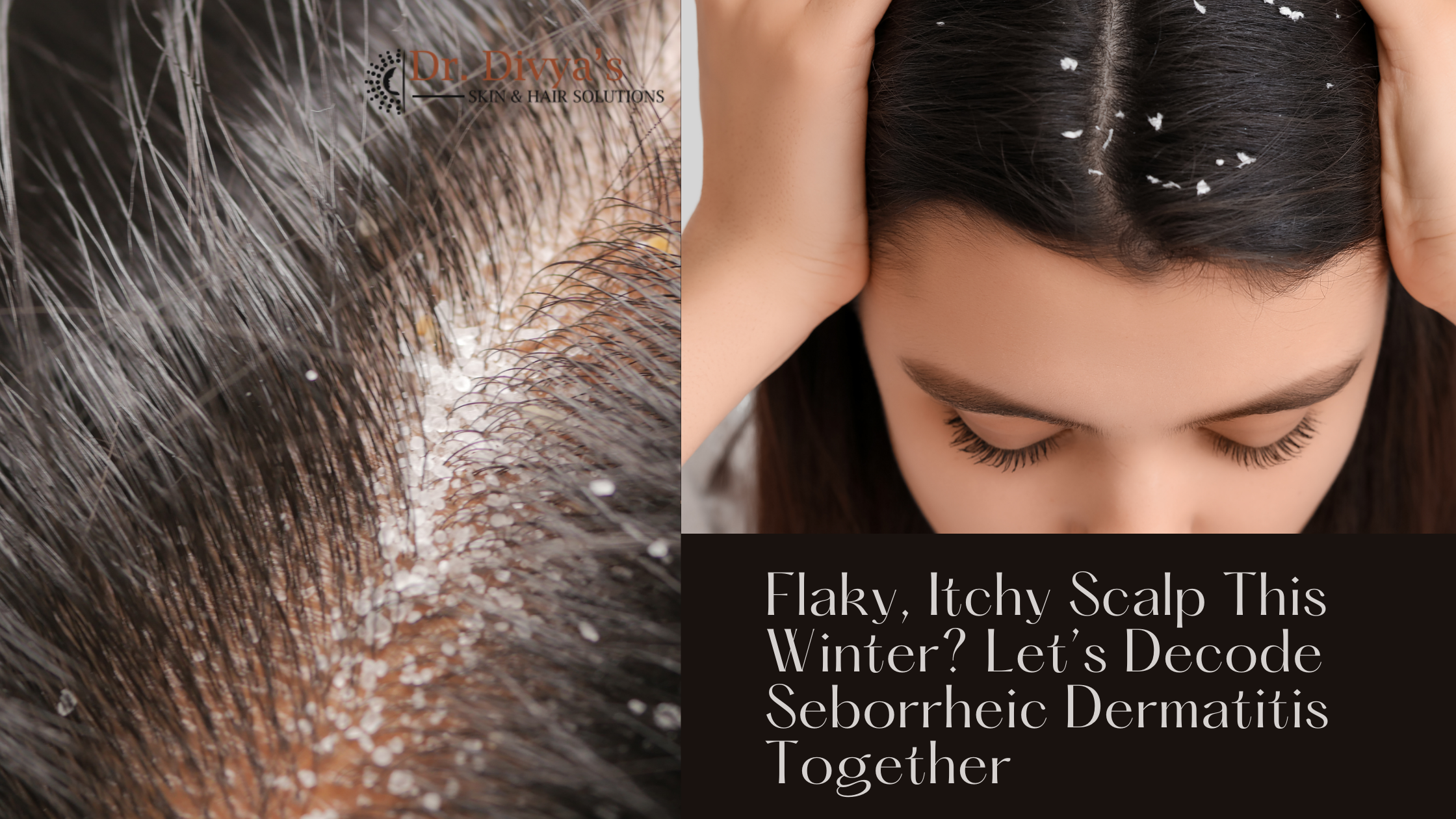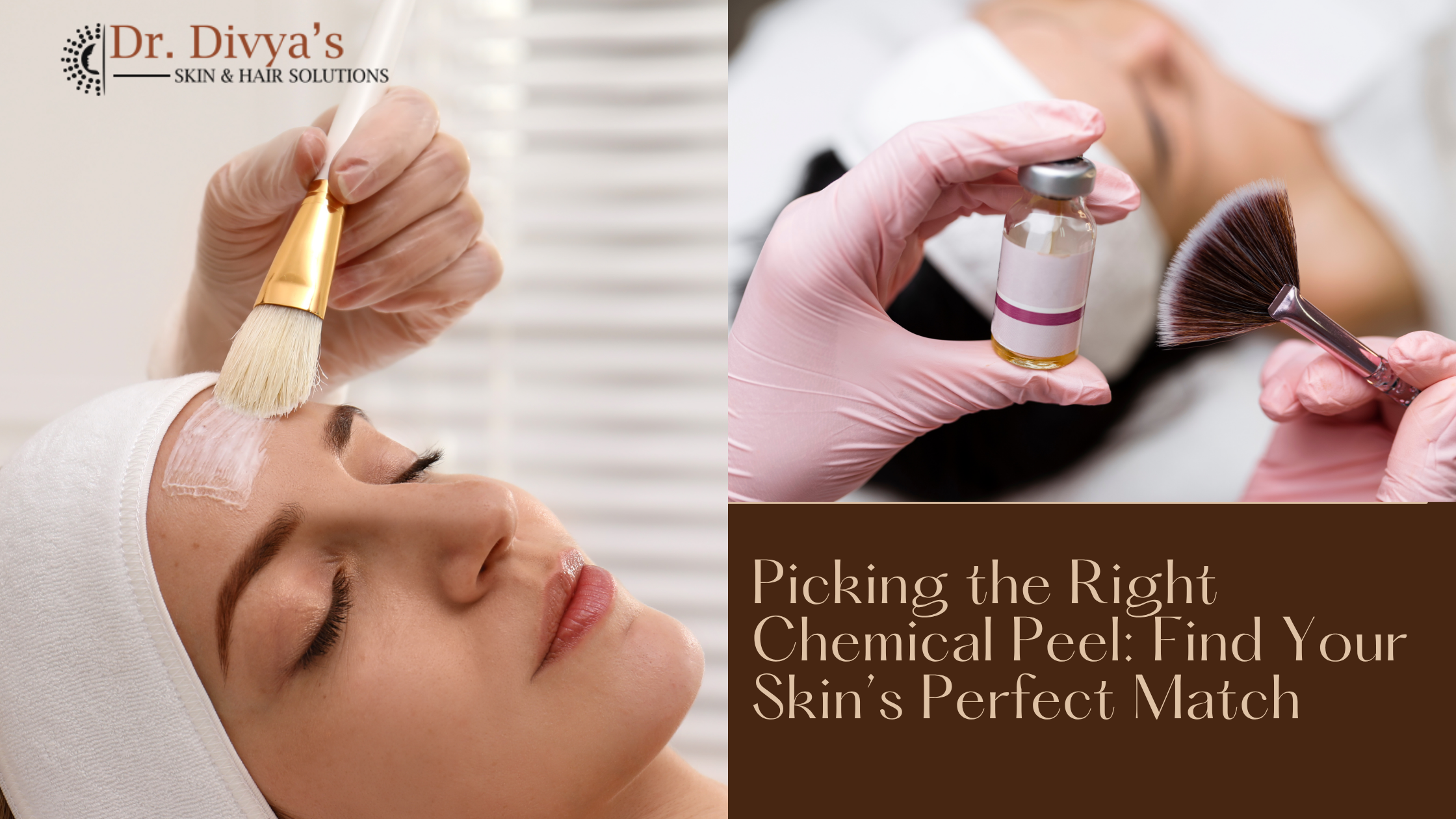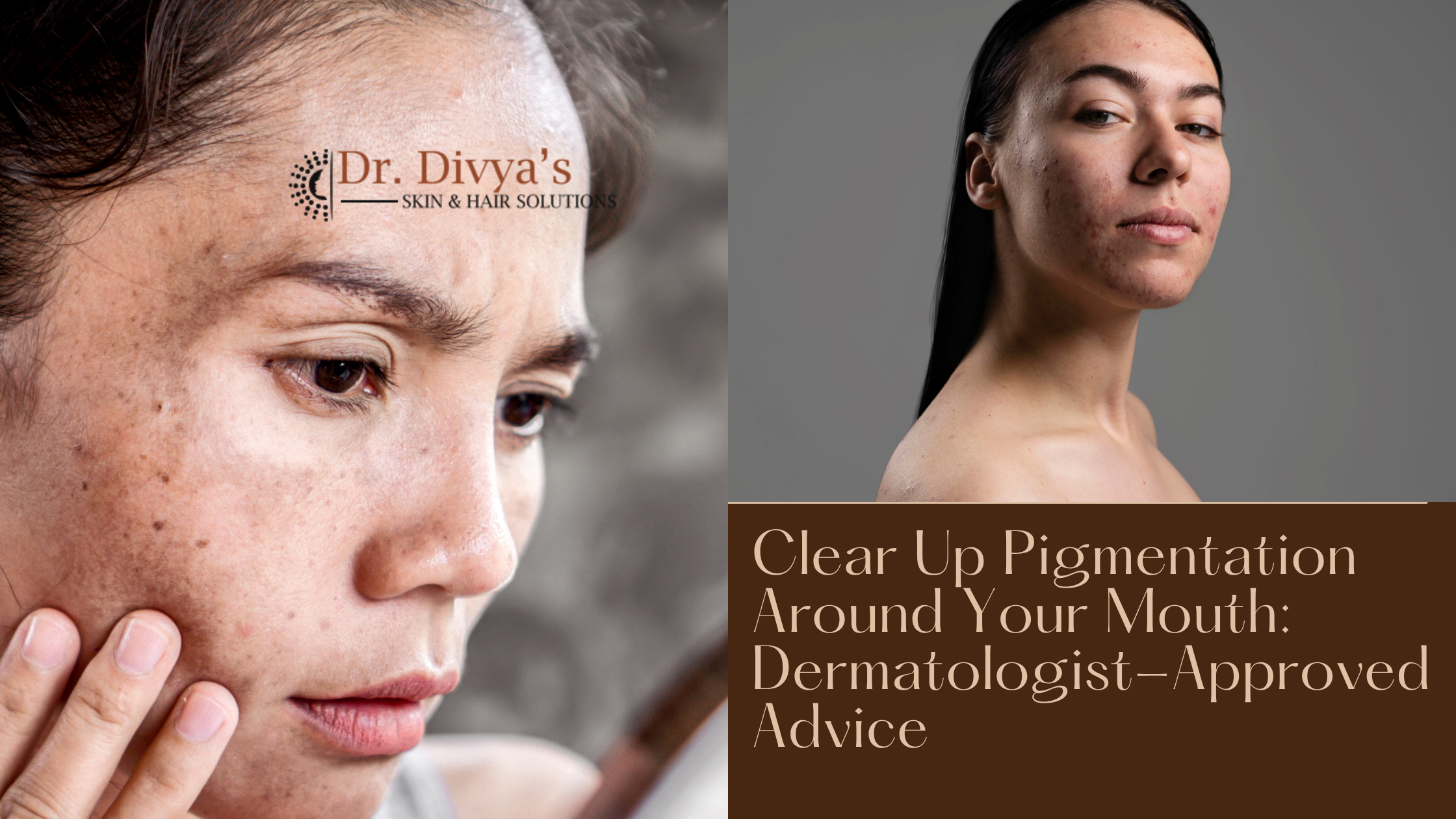Posted date on Aug 12, 2025
Welcoming a new baby is a beautiful experience, but for many mothers, the months after delivery come with unexpected challenges-one of the most common being postpartum hair loss. It's normal to notice your hair thinning or shedding more than usual after childbirth. Hormonal changes, stress, and nutritional shifts can leave hair feeling weak, dull, and brittle.
The good news? With proper care and the right habits, you can restore your hair's strength, volume, and shine. In this guide, we'll cover why postpartum hair changes happen, effective care routines, and practical tips to help your hair thrive.
Why Postpartum Hair Loss Happens
Hair goes through a natural growth cycle-growth, rest, and shedding. During pregnancy, elevated estrogen levels prolong the growth phase, which often results in thicker, fuller hair. After delivery, estrogen levels drop, causing hair to enter the shedding phase all at once. This is why many women notice more hair in the shower, brush, or pillow during the first few months postpartum.
Other contributing factors include:
- Stress and Sleep Deprivation: Caring for a newborn can disrupt sleep and increase stress, which affects hair health.
- Nutritional Deficiencies: Lack of iron, zinc, protein, and vitamins can weaken hair follicles.
- Hormonal Imbalances: Thyroid changes or lingering postpartum hormonal shifts can worsen shedding.
Effective Postpartum Hair Care Tips
1. Eat a Balanced, Nutrient-Rich Diet
Protein, iron, omega-3 fatty acids, and vitamins like biotin and vitamin D are essential for strong hair. Include eggs, fish, nuts, leafy greens, and whole grains in your daily meals.
2. Gentle Hair Care Routine
Avoid harsh shampoos and chemicals.
Use mild, sulfate-free shampoos and moisturizing conditioners.
Limit heat styling, blow-drying, and tight hairstyles that pull on hair roots.
3. Regular Scalp Care
Keep the scalp clean to prevent infections or buildup that can weaken hair follicles.
4. Manage Stress and Prioritize Sleep
Stress management techniques such as yoga, meditation, or light exercise can improve hair health. Even short naps when the baby sleeps can help reduce hair shedding.
5. Supplements (If Needed)
Sometimes diet alone isn't enough. Consult your doctor about postpartum vitamins or hair supplements to ensure your body has all the nutrients needed for hair growth.
6. Patience is Key
Postpartum hair shedding is usually temporary. Hair growth often starts to normalize around 6-12 months after delivery. Consistency in care is crucial to restore natural shine and volume.
When to Consult a Doctor
If hair loss is excessive, patchy, or accompanied by other symptoms like fatigue, dry skin, or rapid weight changes, it's important to see a dermatologist or healthcare provider. Conditions like postpartum thyroid imbalance or alopecia may require medical treatment.
Conclusion
Postpartum hair loss can be stressful, but it's a natural and temporary phase for most women. With proper nutrition, gentle hair care, stress management, and patience, you can restore your hair's strength, shine, and volume. Remember, your hair reflects your overall health-taking care of yourself is the first step toward healthy, beautiful hair.
FAQs on Postpartum Hair Care
1. Is hair loss after pregnancy normal?
Yes, postpartum hair loss is completely normal. It usually occurs 2-6 months after delivery due to hormonal changes, and most women see their hair return to normal within 6-12 months.
2. How can I reduce hair fall after giving birth?
Maintaining a balanced diet rich in protein and vitamins, using gentle hair care products, regular scalp massages, and managing stress can all help minimize postpartum hair fall.
3. Can supplements help with postpartum hair loss?
Yes, if your diet is lacking in essential nutrients, supplements like biotin, iron, and vitamin D can support hair growth. Always consult your doctor before starting any new supplement.
4. Should I avoid styling my hair during postpartum hair fall?
It's best to limit heat styling, chemical treatments, and tight hairstyles that pull on your hair. Gentle styling and minimal heat help prevent additional stress on fragile hair.
5. When should I see a doctor about postpartum hair loss?
If hair loss is severe, patchy, or accompanied by other symptoms like fatigue, dry skin, or sudden weight changes, consult a dermatologist or healthcare provider to rule out underlying conditions like thyroid issues or alopecia.





